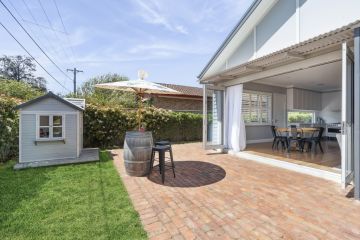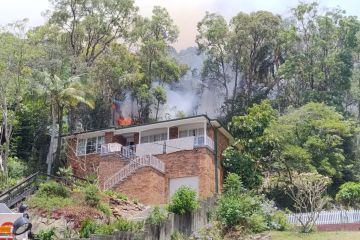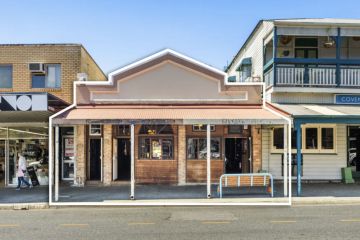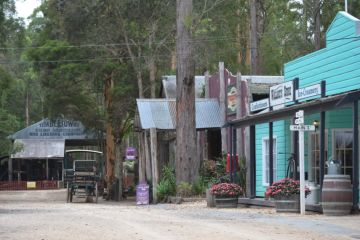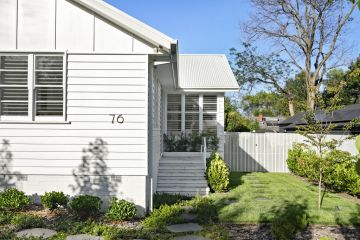Australia's house prices soar to record highs over 2020
National house prices leapt to new record highs at the end of 2020, scotching dire predictions that COVID-19 would trigger a complete collapse of the market.
With the median house price in Sydney now at an all-time peak of $1,211,488, Melbourne’s at $936,073 and Canberra’s at $855,530, every capital city recorded massive growth over the past year.
Only Darwin and Perth ended up shy of their previous price peaks.
The latest Domain House Price Report, released on Thursday, revealed that nationally, median house prices rose 4.1 per cent over the December quarter to $852,940 — the steepest quarterly jump in four years.
It marks a stunning recovery from losses suffered during the pandemic, arriving even earlier than predicted. The December CoreLogic property price index put Australia’s house values on track to surpass pre-pandemic levels early this year.
And that phenomenal growth is set to continue, said Domain senior research analyst Nicola Powell.
| HOUSES | |||||
| Capital city | Dec-20 | Sep-20 | Dec-19 | QoQ | YoY |
| Sydney | $1,211,488 | $1,156,090 | $1,135,482 | 4.8% | 6.7% |
| Melbourne | $936,073 | $888,985 | $900,940 | 5.3% | 3.9% |
| Brisbane | $616,387 | $611,606 | $583,477 | 0.8% | 5.6% |
| Adelaide | $574,264 | $562,656 | $541,022 | 2.1% | 6.1% |
| Canberra | $855,530 | $804,120 | $784,459 | 6.4% | 9.1% |
| Perth | $563,214 | $546,560 | $529,783 | 3.0% | 6.3% |
| Hobart | $564,091 | $531,594 | $501,699 | 6.1% | 12.4% |
| Darwin | $533,845 | $521,712 | $515,213 | 2.3% | 3.6% |
| National | $852,940 | $819,112 | $806,360 | 4.1% | 5.8% |
Source: Domain House Price Report, December 2020 quarter
“The year 2020 ended with so many new records; the resilience of our market is pretty remarkable,” Dr Powell said. “With the historically low interest rates likely to stay for the near future, we’d expect this level of activity to continue, so we’ll see more price growth throughout 2021.
“We might see a price decline in certain areas that are more vulnerable, like in the inner-city rental market and the CBDs, particularly Sydney and Melbourne, but when international borders re-open, we’ll see migration and overseas students return, and prices recover.
“The lure of Australia globally will rise too, because of our success in controlling the pandemic, the healthcare on offer, the lifestyle and climate.”
Such optimism has been buoyed by some of the eye-watering price growth that has just been revealed, despite the imminent end of government stimulus measures such as JobKeeper and mortgage holidays. Consumer sentiment remains bright, with the economy powering back more strongly than expected, and unemployment remaining lower than imagined.
The median Sydney house price rose by 4.8 per cent over the December 2020 quarter, and 6.7 per cent year-on-year. Melbourne also rebounded strongly for the last quarter, at 5.3 per cent, boosting the year’s rise to 3.9 per cent.
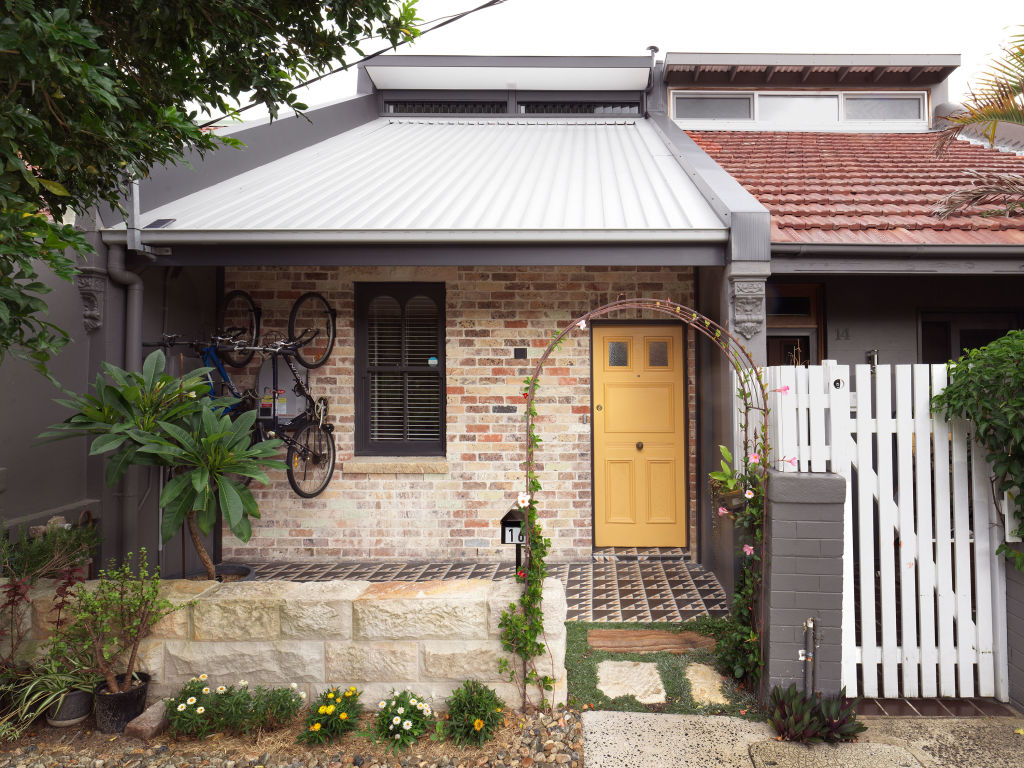
But the price rises in both cities were dwarfed by some of the results seen in other capitals. Hobart was the country’s best performer with a stunning price rise over 2020 of 12.4 per cent to a new record $564,091, and Canberra in second place with 9.1 per cent growth to $855,530.
“Tourism is a big industry in Tasmania, which has been hit hard by the virus, but in Hobart, they’re seeing a greater emphasis on the rental market and city prices have rebounded,” said Dr Powell. “Owner-occupiers and first-home buyers have both been encouraged by low interest rates and are competing against fewer investors in the market.
“Canberra has also been least affected by COVID-19 because its economy is government and public-sector-led, with a higher level of employment, and there are more buyers than stock coming onto the market.”
Elsewhere, Perth rose strongly at 6.3 per cent to $563,214, while Brisbane rose 5.6 per cent to $616,387 and Darwin by 3.6 per cent to $533,845.
The unit market has underperformed generally compared to houses, with a rise in the national price of a median unit of just 0.9 per cent. But that’s highly dependent on locations.
| UNITS | |||||
| Capital city | Dec-20 | Sep-20 | Dec-19 | QoQ | YoY |
| Sydney | $729,840 | $728,535 | $731,691 | 0.2% | -0.3% |
| Melbourne | $569,677 | $545,581 | $555,772 | 4.4% | 2.5% |
| Brisbane | $395,218 | $399,814 | $407,573 | -1.1% | -3.0% |
| Adelaide | $350,122 | $350,122 | $308,595 | 0.0% | 13.5% |
| Canberra | $485,410 | $471,299 | $491,761 | 3.0% | -1.3% |
| Perth | $347,585 | $339,614 | $333,054 | 2.3% | 4.4% |
| Hobart | $432,552 | $428,306 | $422,129 | 1.0% | 2.5% |
| Darwin | $285,539 | $283,893 | $265,607 | 0.6% | 7.5% |
| National | $574,245 | $566,677 | $569,261 | 1.3% | 0.9% |
Source: Domain House Price Report, December 2020 quarter
Adelaide saw unit prices jump by an incredible 13.5 per cent over 2020 to a new record median of $350,122, and Darwin saw a leap of 7.5 per cent to $285,539. Perth’s unit prices rose by 4.4 per cent to $347,585, while Melbourne’s rose 2.5 per cent to a new record of $569,677. Hobart also rose by 2.5 per cent to $432,552.
“Interest in Adelaide property remains elevated as affordability, and an enviable lifestyle draw prospective buyers,” said Dr Powell.
“The local property market continues to perform to its historical benchmark, supported by lower mortgage rates, significant government stimulus and mortgage holidays, and less exposure to changes in investment activity and overseas migration than other capital cities.”
Three of those other capitals saw their unit median prices dropping – Sydney down 0.3 per cent to $729,840, Canberra down 1.3 per cent to $485,410 and Brisbane down 3 per cent to $395,218.
We recommend
We thought you might like
States
Capital Cities
Capital Cities - Rentals
Popular Areas
Allhomes
More
- © 2025, CoStar Group Inc.
